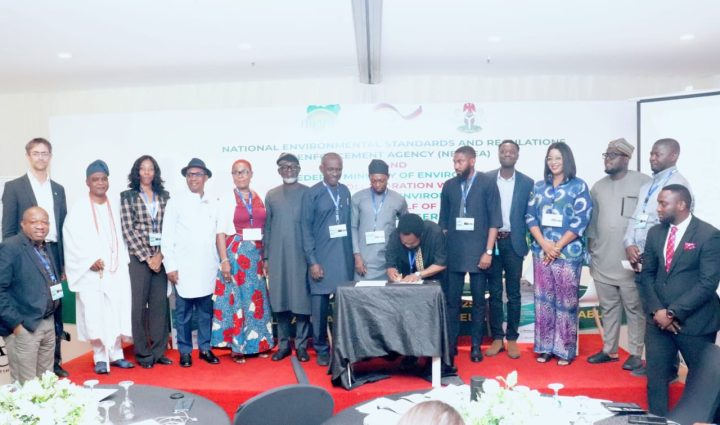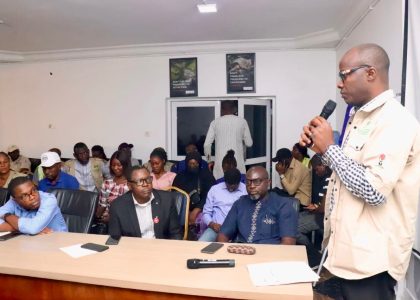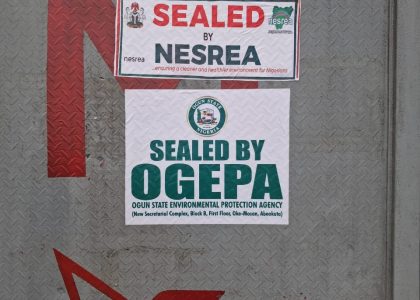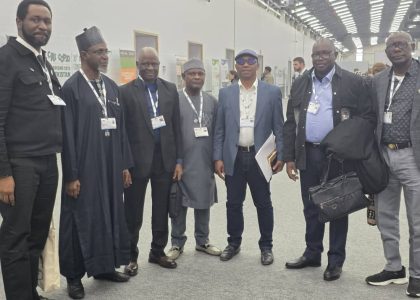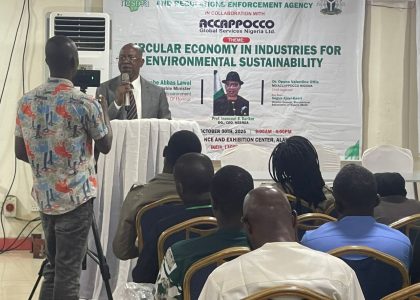Africa Must Unite Against Environmental Threats, NESREA DG Urges at ULAB Conference
The Director General of NESREA, Dr. Innocent Barikor has urged African countries to work together and speak with one voice against environmental challenges threatening the continent.
Dr. Barikor, speaking Wednesday in Abuja as the International Conference on Upgrading the Lead-Acid Battery Recycling Sector concluded, stressed the need for African countries to adopt unified standards on environmental issues.
He said this would ensure that investors on the continent comply with the unified standard, regardless of the country they operate in.
“Environmental Protection Agencies (EPAs) in Africa are not as close as expected. It suggests we are not giving the environment the attention it deserves on the continent. To get it right as far as environment is concerned, the managers of EPAs in Africa must work together because they are closest to the Ministers of Environment. It is only then we can achieve environmental sustainability in the Region.”
Dr. Barikor called on Africa to rise from the conference with a resolve to promote sound management of Used Lead Acid Batteries (ULABs) on the continent.
The Executive Director of the Sustainable Research and Action for Environmental Development (SRADeV), Dr. Leslie Adogame emphasized the need for government to ensure the recycling facilities in the country operate in line with global best practices.
The second day of the conference had delegates from Kenya, Ghana, Cameroon and Tanzania share insight on the state of ULAB recycling in their countries, with experts also proffering solutions, including incentives and enforcement measures.
The two-day conference was organized by the National Environmental Standards and Regulations Enforcement Agency (NESREA), and the Federal Ministry of Environment, in collaboration with SRADeV, on behalf of Oeko-Istitut Germany.
It had participation from 55 organizations including governmental and non-governmental organizations, the academia, the media, development partners, recyclers, telecommunication operators and traditional rulers from different parts of the world.


